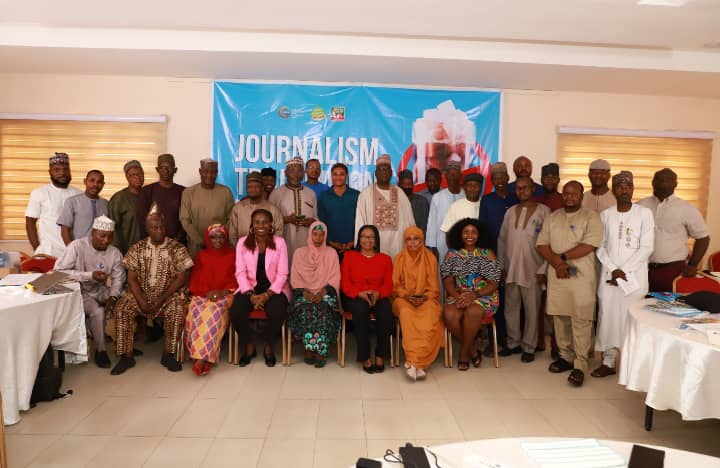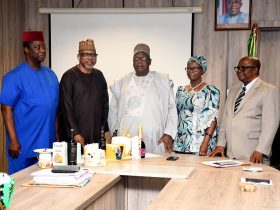Noncommunicable diseases (NCDs) now account for approximately 30% of all deaths in Nigeria, according to the Corporate Accountability and Public Participation Africa (CAPPA). The alarming statistic was revealed by CAPPA’s Executive Director, Akinbode Oluwafemi, during a journalism training session on the Sugar-Sweetened Beverage (SSB) Tax and Industry Monitoring, held on May 19, 2025, in Kano State.
Oluwafemi stated that Nigeria is grappling with a growing public health crisis driven by unhealthy dietary patterns—particularly the rising consumption of ultra-processed foods and sugar-laden beverages.
“Food corporations are deploying aggressive and sophisticated marketing strategies targeting Nigerians, especially children and young adults, enticing them to consume products that harm their health,” he said.
He warned that illnesses once considered rare are now commonplace in Nigerian households, leading to increased medical expenses, overburdened healthcare systems, and threats to the well-being of future generations.
To address this trend, the Nigerian government introduced the Sugar-Sweetened Beverage Tax in 2021, placing a ₦10 per litre levy on all non-alcoholic, sweetened, and carbonated drinks. The policy is designed to discourage excessive sugar consumption, promote healthier diets, and reduce the prevalence of SSB-related NCDs such as diabetes, hypertension, and obesity.
However, Oluwafemi criticized the current tax framework, arguing that the rate is too low to be effective, and pointed to the lack of transparency in how revenues from the tax are allocated. He also condemned misleading narratives propagated by the beverage industry, which he said undermine pro-health policies.
The media training, which brought together journalists from print, broadcast, and digital platforms, aimed to build capacity in reporting on public health issues, especially those related to NCDs and regulatory policies.
“It’s essential to empower journalists to spot and counteract industry tactics that threaten public health,” Oluwafemi emphasized. “Through accurate, investigative, and compelling reporting, the media can play a transformative role in public education, policy advocacy, and holding both industry and government accountable.”
In goodwill messages, Dr. Dorothy Amadi, Deputy Director for Risk Factors at the Federal Ministry of Health, and Joy Amafah of the Global Health Advocacy Incubator (GHAI), praised the initiative. Both speakers highlighted the media’s critical role as a stakeholder in health advocacy and urged practitioners to use their platforms responsibly to highlight pressing health challenges.
The event, themed “Journalism Training on the Sugar-Sweetened Beverage Tax Campaign,” drew a large turnout and underscored the growing interest in evidence-based health reporting in Nigeria.












Leave a Reply